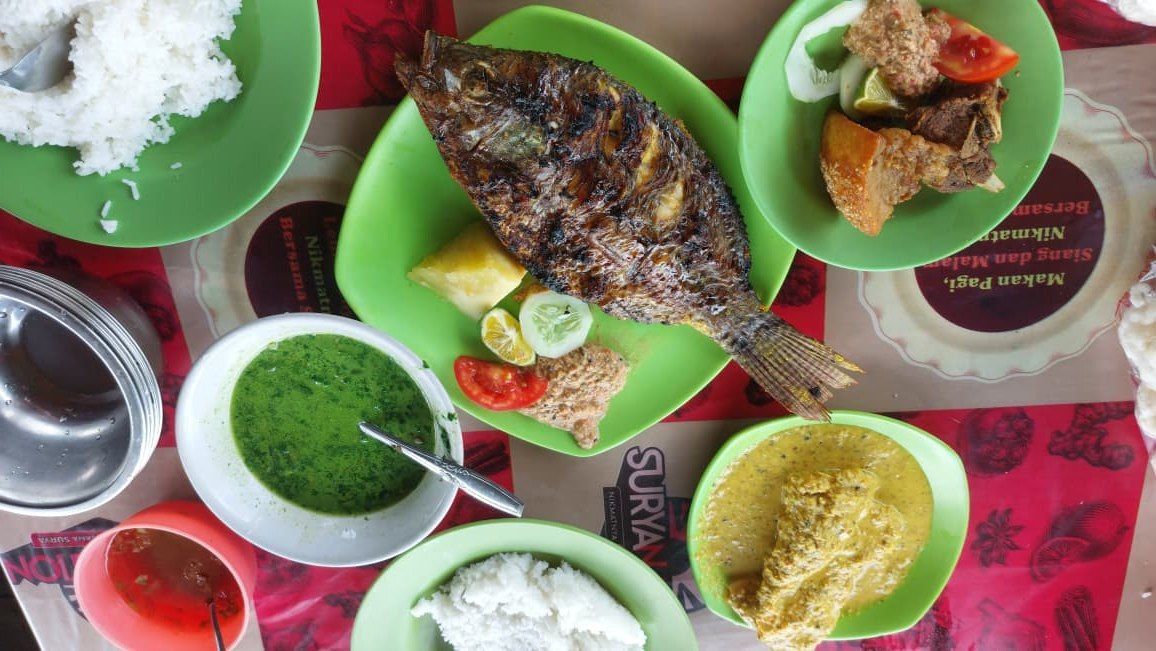Ever since Kirsty Coventry was elected as the first female IOC president in the organisation's 131-year history, there has been one specific policy she has sought to change.
Which policy? One that states Olympic sports have the power individually to decide whether transgender women could compete if they had reduced testosterone levels.
That is set to change now.
On Monday afternoon, it was revealed that the IOC is in discussion to dramatically change the policy and prevent trans women from competing at the Games.
Before Coventry even became the boss, she was lobbying for the protection of female athletes in Olympic sports. It was a key part of her bid for the presidency.
'We need to work with federations, medical teams and experts to find a solution that protects the female category without excluding anyone,' Coventry said in February.
IOC President Kirsty Coventry is pushing for a ban for transgender women in a Olympic sport
A ban on transgender women in Olympic sports is expected to be in place for the LA Games in 2028 (pictured - transgender athlete Laurel Hubbard of New Zealand)
IOC's Dr Jane Thornton has also been key to establishing the proposed new policy
This is a statement she echoed in June, three months after her historic election triumph. Now, alongside medical and scientific director Dr Jane Thornton, she is establishing a new guideline for what has been a highly controversial issue in recent years.
This means that transgender women are set to be banned after the winter Olympics in Italy next February.
The policy is similarly expected to cover DSD athletes, but the extent to which this is the case is still unknown. That refers to those who have been raised as girls from birth but also have male chromosomes and levels of testosterone similar to males.
There have been previous reports that boxing champion Imane Khelif is DSD, but this has not been confirmed.
Both Coventry and Thornton's vested interest in the 'protection of the female category' may be related to their elite sporting backgrounds. The pair competed at six Olympic Games between them during their careers at the pinnacle of international competition.
Coventry competed at five of those Games herself for Zimbabwe, between 2000 and 2016. She is a seven-time Olympic medallist, with two of those gold.
Two years after her final Games, the athlete – once deemed her nation's golden girl by authoritarian leader Robert Mugabe following her success at the Athens Olympics 2004, who then awarded her $100,000 for winning four medals in Beijing four years later – entered the world of politics.
She was hired as Minister of Youth, Sport, Arts and Recreation as part of 'the Crocodile' Emmerson Mnangagwa's government, another highly controversial political figure due to his ruthless nature, whose regime is subject to US and UK sanctions.
Coventry is a seven-time Olympic medallist in swimming, winning two golds across five Games
Thornton also competed at Beijing 2008 for Canada in rowing, earning fourth place in her event
While in the role, Coventry was criticised heavily. Zimbabwe was banned for 18 months by FIFA in February 2022 due to government interference. In 2020, the national team was banned by the Confederation of African Football (CAF) from hosting international football matches because it was deemed unfit for use.
Nevertheless, she won the IOC presidential election at a canter in March, picking up 49 votes from 97, no more and no fewer than the figure needed for an absolute majority.
It was an emphatic victory as she beat out the pre-ballot favourite, Juan Antonio Samaranch Jnr, and Lord Sebastian Coe in 120 seconds after just one round, something that is unheard of.
The triumph diversified the IOC, an organisation that had no female members until 1981. Coventry is also the youngest person to have ever held the role, being elected at the age of 41.
Now, the first box on the checklist that she had when campaigning for the role has seemingly been ticked.
Her focus on this area has been paramount since she began the role in March – taking over from Thomas Bach, who had been president since 2013 – and the speed at which she has managed to enact change in this area is owed in part to Dr Thornton.
Thornton was once a champion athlete as well. She had a gold medal looped over her neck at the World Rowing Championships in 2006, where she won the Coxless Pairs in Eton. Two years later, she also attended the Beijing Olympics; however, unlike Coventry, she failed to secure silverware, finishing an agonising fourth.
Following retirement, she decided to combine her love for sport with her passion for medicine, attending medical school at the University of Toronto in 2014.
Zimbabwe's authoritarian leader Robert Mugabe (pictured) once called Coventry the nation's golden girl
Coventry won the IOC presidential election at a canter and replaced outgoing Thomas Bach in March
Over a decade later, she has become an integral part of Coventry's push for a blanket ban on transgender women competing in female Olympic events, balancing her position at the IOC with her role as president of the Canadian Academy of Sport and Exercise Medicine.
Thornton delivered a presentation to members in Lausanne last week, which included a science-based review around trans and DSD issues.
The IOC denied that any decision has been made on either front, and it is believed the executive board have not yet been presented to. They next convene in December.
An IOC statement to Daily Mail Sport read: ‘An update was given by the IOC’s director of health, medicine and science to the IOC Members last week during the IOC commission meetings. The working group is continuing its discussions on this topic, and no decisions have been taken yet.’
Many points were made in Thornton's presentation, including the distinction between transgender and DSD in athletes who have male chromosomes but were raised as female.
The latter led to immense controversy in boxing at Paris 2024, but the future of this landscape within Olympic sport is less clear. Nevertheless, Daily Mail Sport sources have suggested that a rule change regarding DSD athletes is considered likely in the long run, but faces internal opposition.

 2 months ago
48
2 months ago
48

















































